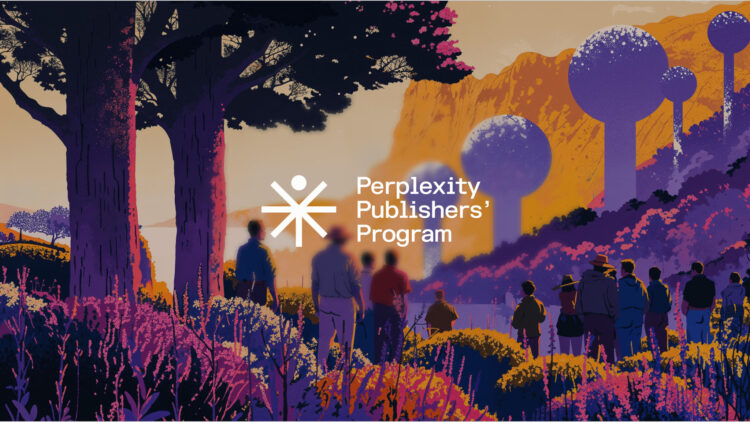Perplexity launches “Publishers’ Program” after plagiarism accusations


AI search startup Perplexity has unveiled its “Publishers’ Program,” offering a share of ad revenue to content creators whose work is used by the platform. This move comes just weeks after Perplexity faced accusations of plagiarizing content from prominent publications like Forbes and Wired.
The program boasts a roster of initial partners, including heavyweights like Time, Fortune, and Entrepreneur. When Perplexity surfaces content from these partners in response to user queries, the publishers will receive a portion of the ad revenue generated. Additionally, partners will gain access to Perplexity’s developer tools and a free one-year subscription to its Enterprise Pro tier, which includes enhanced fact-checking capabilities.
“TIME is committed to embracing innovative new technologies and platforms to advance our mission of providing trusted journalism for audiences around the world. We are proud to join Perplexity’s Publishers’ Program as a launch partner to continue to expand access to reliable information and engage audiences in new ways,” said TIME Chief Operating Officer Mark Howard, in a blog post.
The announcement comes on the heels of OpenAI unveiling its own AI search prototype, SearchGPT. OpenAI seems to have learned from Perplexity’s missteps. Their program offers publishers more control over how their content is used, allowing them to opt-out of training the AI model while still appearing in search results.
Perplexity acknowledges the need for publisher control but prioritizes user experience, aiming to avoid compromising the product. They currently offer limited control, with a focus on preventing publishers from altering the answers generated by the AI.
This highlights the tension between AI companies and publishers. While publishers struggle to maintain revenue streams in the digital age, AI companies rely on their content to function. Many publishers, faced with the prospect of costly legal battles, seem to be opting for revenue sharing as a pragmatic solution. The future of AI search and its relationship with publishing will depend on striking a balance that benefits both parties.
